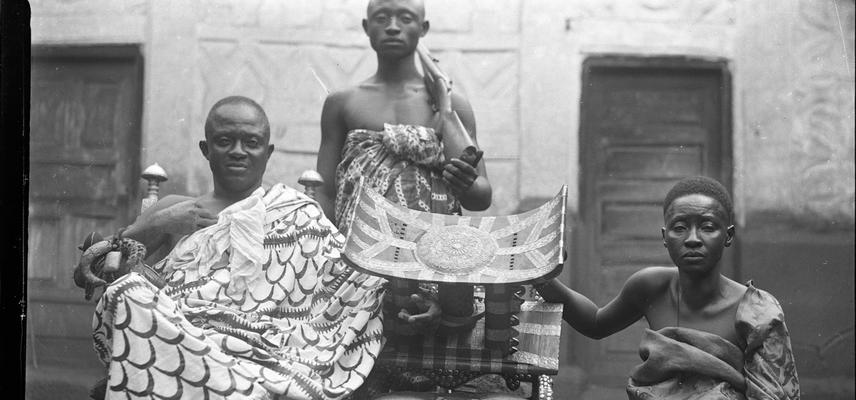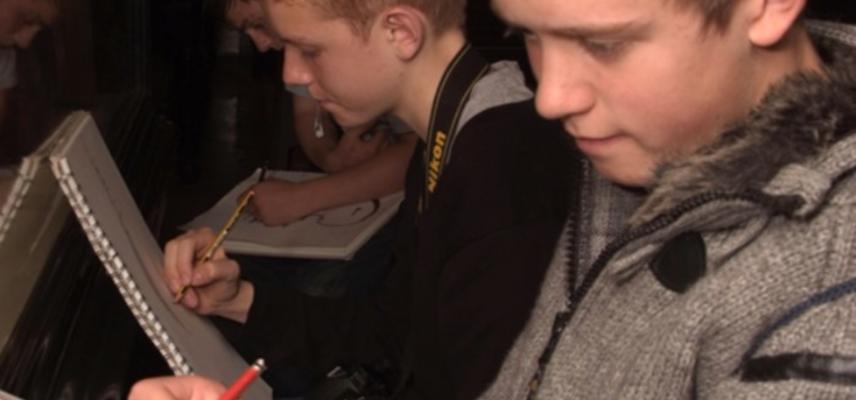British Empire – Decolonial Voices
National Curriculum Subject Areas: History, History A’ level British Empire 1857-1967, GCSE Migration and Empire
Length of session: 90 minutes
Maximum group size: 32
Learning Outcomes
• To understand what coloniality is and how and why the Pitt Rivers collections can be seen as a ‘footprint’ of colonialism
• To look at different places, people and events that connect to British Empire through the perspective and voices of those who were colonised
• To analyse and discuss specific objects that connect to case studies in African countries and the Indian subcontinent, as requested by teachers covering this topic
• To understand that history can be told by many voices and gain an understanding of historiography, as it relates to perceptions of the British Empire
Session Outline
Student will have the opportunity to work with objects from the museum’s archive, handling collection and core collections to gain an understanding of key issues relating to the history of the British Empire.
Students will take a guided tour around the galleries to look in-depth at objects that were made and owned by peoples affected by Colonialism and the expansion of the British Empire. Students will examine historical accounts, oral histories and archival material both from those who were being colonised and from colonialists. They will also engage with the voices of academic historians and local communities from the countries connected to these histories.
‘The session was carefully thought out to match our curriculum and all of the objects were relevant to events and people the students were learning about – so enriching! Thank you!’ (Secondary Teacher)





